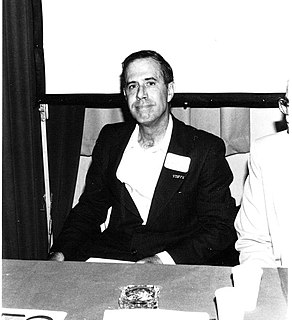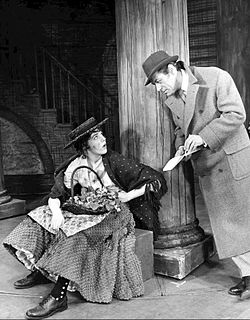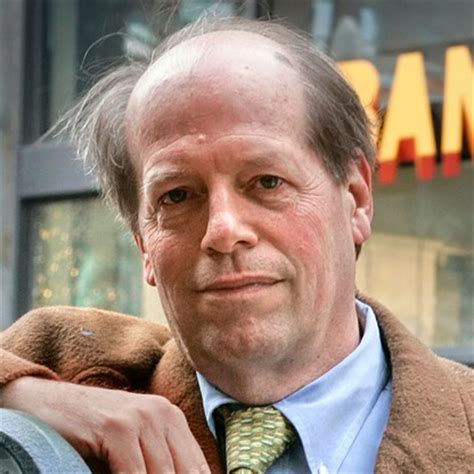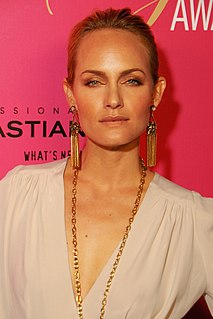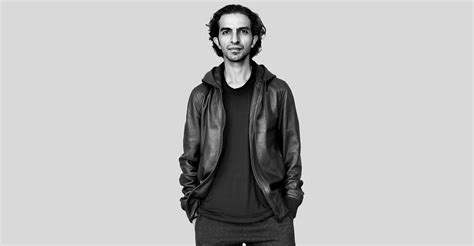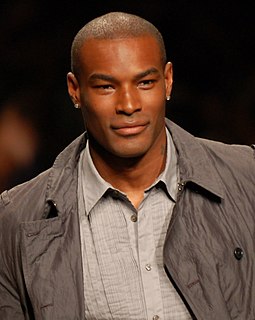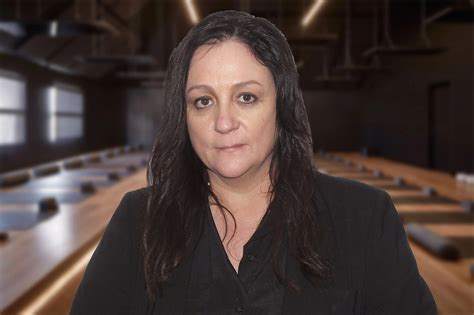A Quote by John Quelch
Related Quotes
Many scales of climate change are in fact natural, from the slow tectonic scale, to the fast changes embedded within glacial and interglacial times, to the even more dramatic changes that characterize a switch from glacial to interglacial. So why worry about global warming, which is just one more scale of climate change? The problem is that global warming is essentially off the scale of normal in two ways: the rate at which this climate change is taking place, and how different the "new" climate is compared to what came before.
I am super passionate about my new business because it has the potential to disrupt the fashion industry in a positive way. Master & Muse is providing a place to buy better. There are many big issues in producing fashion today, and the consumer doesn't fully understand the problems at hand. That is where we come in. We are providing awareness, information, and great fashion.
I mean, a lot of people don't realize it, but fashion is one of the most racial industries left out there now. Radio and music aren't. Television and movies aren't. Even commercials now are showing interracial couples. You see a lot of diversity in TV shows, but you don't see that in fashion. You think there would be some, because the consumer is of all colors and all shades. But you don't see that in fashion.


